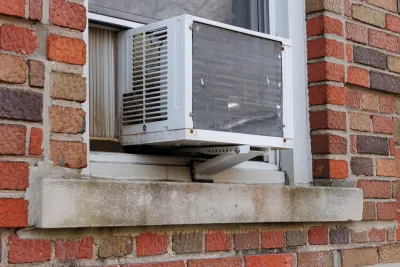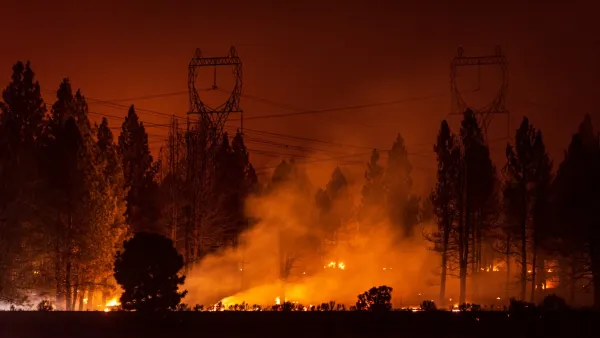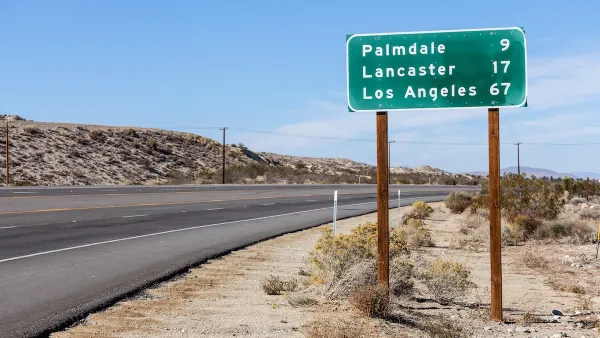Extreme heat, poor housing quality, and the heat island effect make it harder for many households to afford energy bills.

According to a brief by Ysabelle Kempe in Smart Cities Dive, “A Brookings Metro report published Sept. 6 highlights that Black renters disproportionately experience energy insecurity, which stems from an inability to pay energy bills.” The findings reveal how climate change amplifies insecurities, pushing low-income renters already struggling to afford bills over the edge.
“The researchers’ analysis of 2020 data found that 59% of Black renters faced energy insecurity compared with 36% of White renters,” Kempe adds. “Furthermore, neighborhoods with more Black residents often face more intense heat island effects than other areas.”
The disparity extends to homeowners: “The report also found that 44% of Black homeowners faced energy insecurity in 2020, compared with 18% of White homeowners.”
According to Brookings Metro senior research associate Manann Donoghoe, “the first step cities can take involves considering how the history of racially biased policies has shaped where people live and their housing quality. Once local governments reckon with that knowledge, they should consider and implement policies that address the gaps for vulnerable neighborhoods, which will start with targeting, in many cases, Black-majority or minority-majority neighborhoods, he said.”
FULL STORY: Extreme heat disproportionately threatens Black renters, experts say

National Parks Layoffs Will Cause Communities to Lose Billions
Thousands of essential park workers were laid off this week, just before the busy spring break season.

Retro-silient?: America’s First “Eco-burb,” The Woodlands Turns 50
A master-planned community north of Houston offers lessons on green infrastructure and resilient design, but falls short of its founder’s lofty affordability and walkability goals.

Delivering for America Plan Will Downgrade Mail Service in at Least 49.5 Percent of Zip Codes
Republican and Democrat lawmakers criticize the plan for its disproportionate negative impact on rural communities.

Test News Post 1
This is a summary

Test News Headline 46
Test for the image on the front page.

Balancing Bombs and Butterflies: How the National Guard Protects a Rare Species
The National Guard at Fort Indiantown Gap uses GIS technology and land management strategies to balance military training with conservation efforts, ensuring the survival of the rare eastern regal fritillary butterfly.
Urban Design for Planners 1: Software Tools
This six-course series explores essential urban design concepts using open source software and equips planners with the tools they need to participate fully in the urban design process.
Planning for Universal Design
Learn the tools for implementing Universal Design in planning regulations.
EMC Planning Group, Inc.
Planetizen
Planetizen
Mpact (formerly Rail~Volution)
Great Falls Development Authority, Inc.
HUDs Office of Policy Development and Research
NYU Wagner Graduate School of Public Service





























